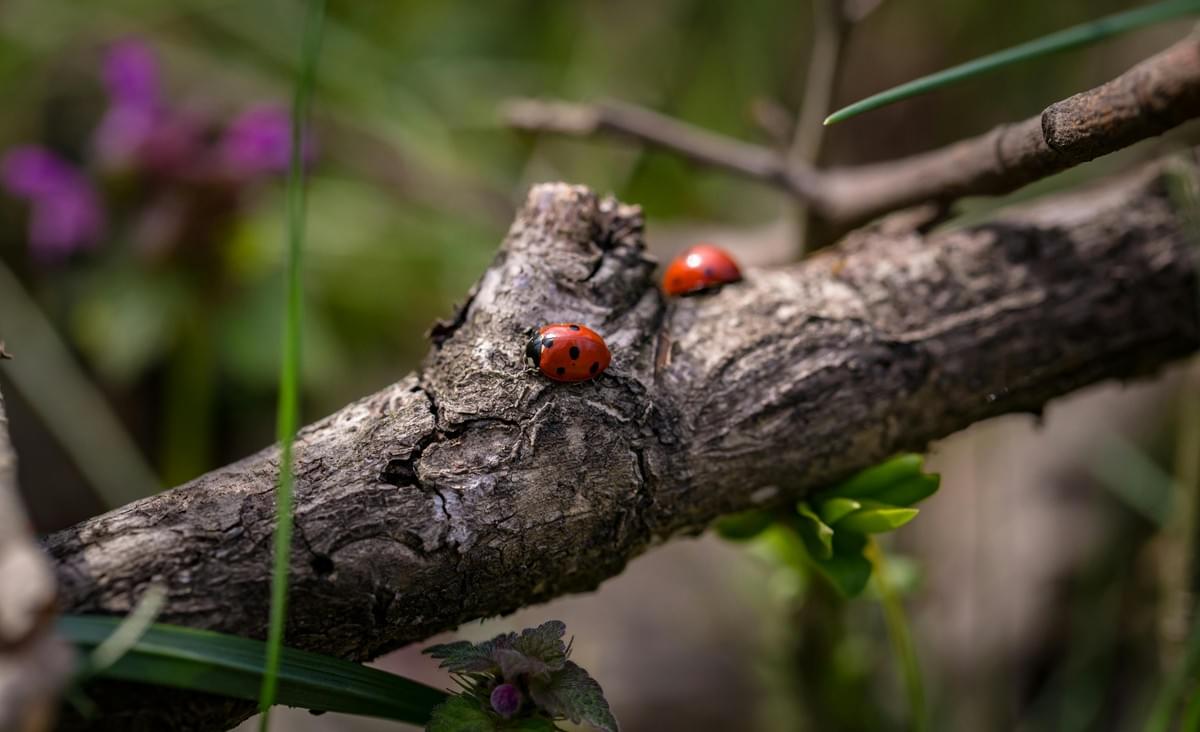
Veterinary experts are warning ranchers, livestock owners, and hay producers in Colorado of the dangers of blister beetles to animals, especially horses. In June, blister beetles, sometimes called oil beetles, were discovered on a ranch in Elbert, Colorado.
The blister beetle produces a toxic material called cantharidin that irritates an animal’s gastrointestinal mucosa and urinary tract. Livestock that consume hay contaminated with cantharidin may contract cantharidiasis, also called blister beetle poisoning, which can kill. The most common symptoms of cantharidiasis in horses include salivation, watery face, mouth blisters, blood in the urine, and diarrhea.
To prevent and manage blister beetle contamination, ranchers should reduce the presence of weeds in pastures, keeping the pastures mowed to prevent weeds from growing more than 4 inches high. Weed killers may be an alternative to mowing. Ranchers also should harvest the hay before it blooms to keep blister beetles from being attracted to it.
